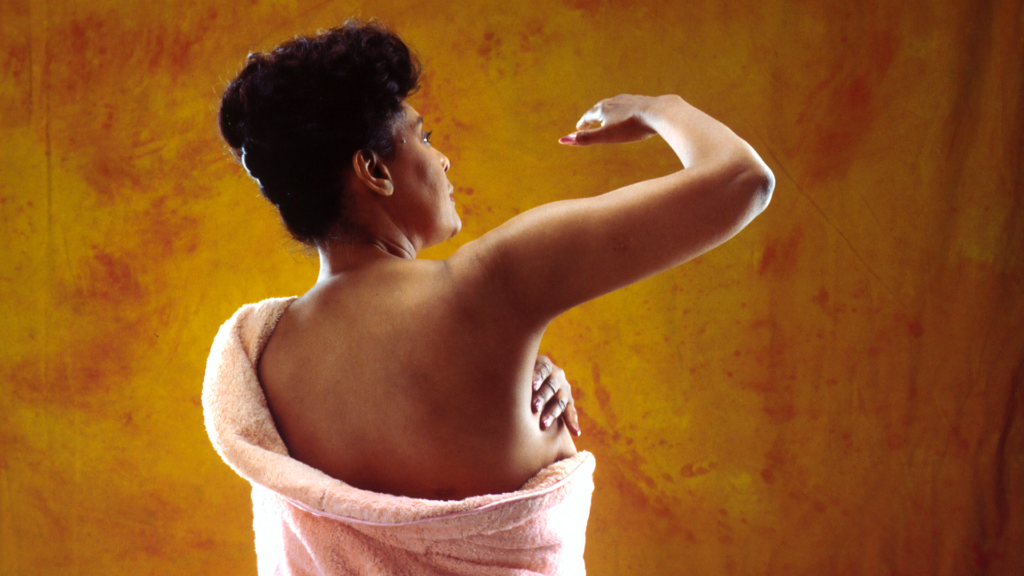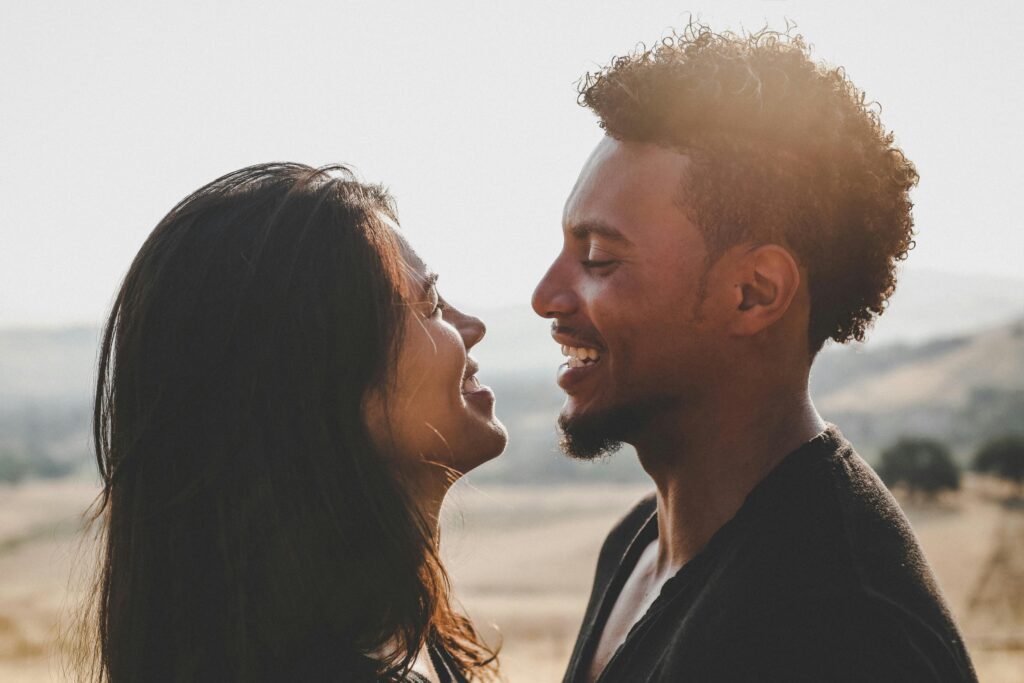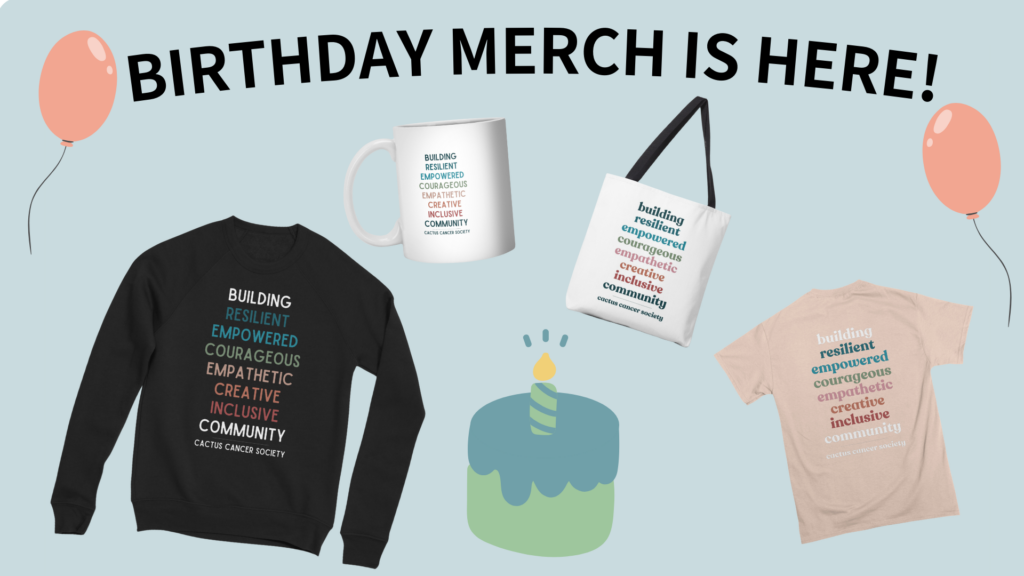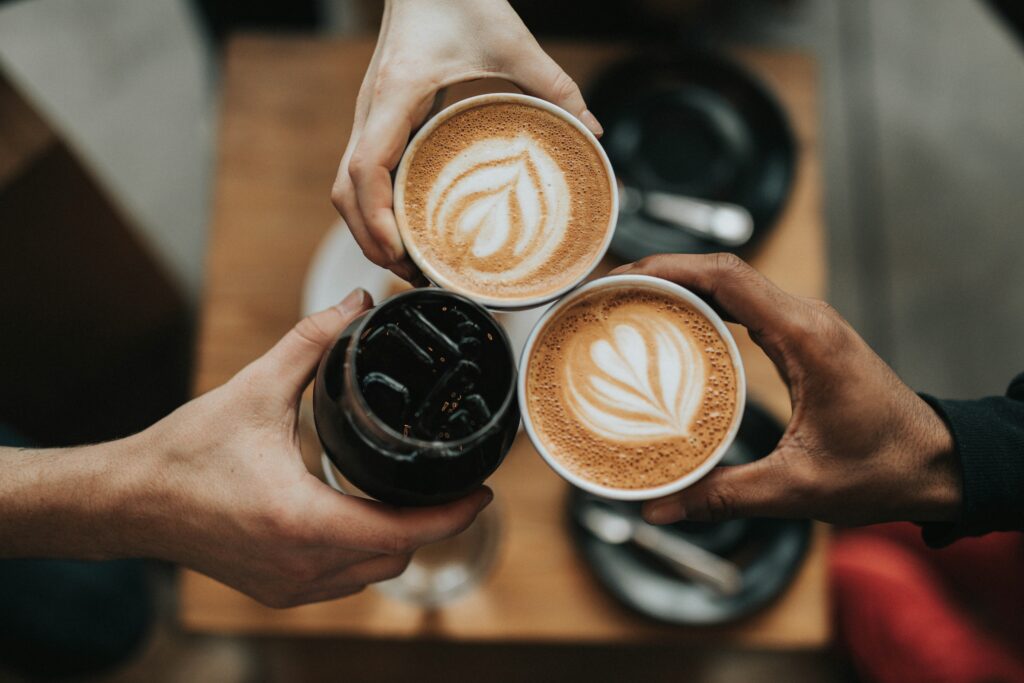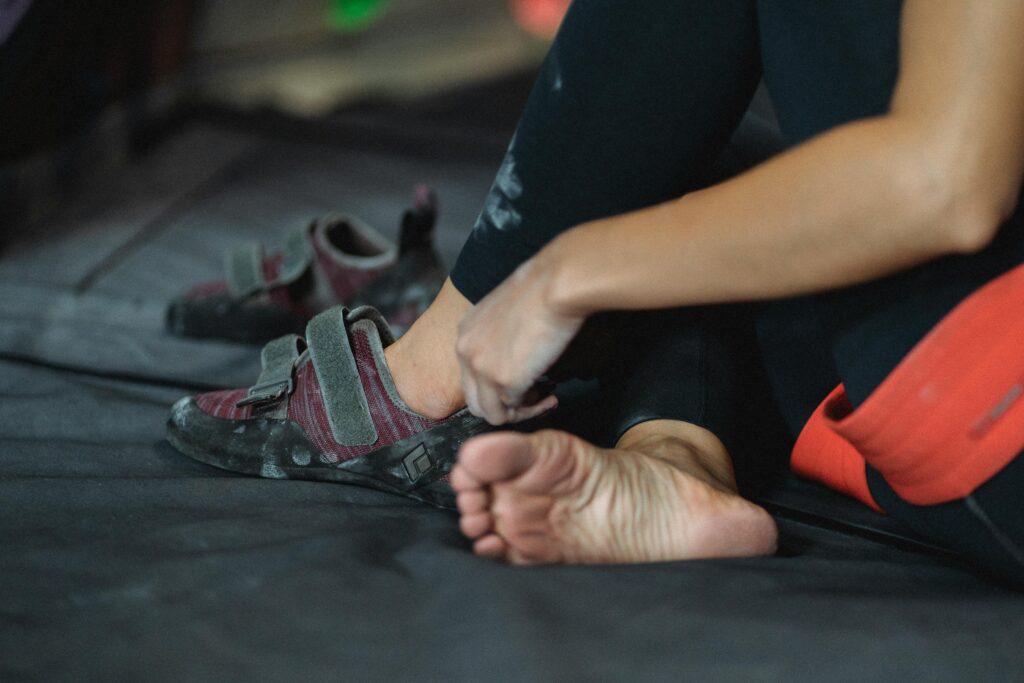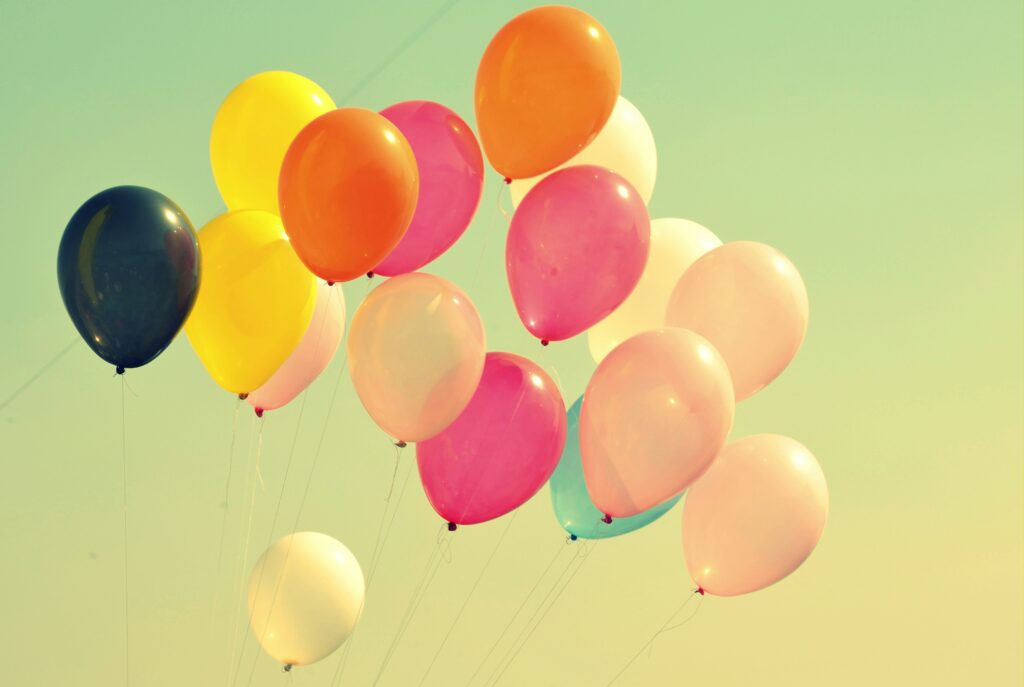Welcome to the comments and discussion of the Young Adult Cancer Book Club! We are reading The Cancer Journals by Audre Lorde! Read our participants’ reactions and follow along with us each week as we read through the book! Caution, spoilers below!
Week 1: Chapter 1!
By Jessica B.:
I was interested in reading this book because it seemed like Audre Lorde had a story somewhat similar to my own. I too am a breast cancer survivor who found a lump during a routine self-exam. However, our similarities clearly end there. To be honest, I find it difficult to write a review of this section of the book because I was so bothered by some of the things that were said. In the foreword, we’re told the Lorde was given a hard time by her cancer center because she hadn’t gotten reconstruction after her mastectomy and didn’t want to wear a prosthetic. In this brief introduction to her story, I was outraged on her behalf. However, in the Introduction, my opinion changed. After a series of journal entries that I struggled to read due to a lack of context, Lorde criticizes women who chose to get reconstruction or to wear a prosthesis because she thinks it’s a “way of keeping women with breast cancer silent and separate from each other.” She sees it as a “cosmetic sham.” I cannot support this statement. How dare she criticize how other women choose to deal with their diagnosis! If a woman chooses reconstruction or to wear a prosthesis, or just to remain flat, that’s her choice. It’s not Lorde’s place to criticize or to act as a voice for all breast cancer survivors. Chapter 1 is about overcoming fear and using
your voice, but since Lorde chose to use her voice to be critical of other women’s choices, I had a hard time really caring about this message. It is important to speak out about things that are important to you, but you still have to consider how those words affect others. Words don’t exist in a vacuum. They can hurt even when you have the best of intentions.
By Sarah H.:
Forward
Audre Lorde discovered her breast cancer in 1978. In the forward, you get the feel for Audre, her determination, and also her anger. Learning of her mastectomy and decision not to have reconstructive surgery is something I admire especially for the time that it happened. Today we see a good mixture of people who do and do not get reconstructive surgery and while there is still a push for reconstruction, I think her struggle with judgment was more pronounced than it is today. Before knowing whether or not I would need a mastectomy (I ended up not needing one), I met with surgeons to go over my options if I did. I made the decision that if I needed a mastectomy, I would not have reconstructive surgery. The pushback from (male) medical professionals was unbelievable. Being a young breast cancer patient, they felt the need to tell me that I would regret not having breasts, because “what would happen if something happened to your husband and you started dating again?”. As Audre stated, when the Prime Minister of Israel is shown with his eyepatch, he’s considered a warrior. So why should a woman with a mastectomy be considered any less?
Introduction
I will admit, this is not the type of writing I typically read, and reading the introduction was a bit tough for me; I had to reread it a few times. The introductory kind of put me off a little. There were times I couldn’t follow what she was angry about: cancer, being a woman, a lesbian, black, something else? I would think I’d be following the entry and then realize I was wrong. There were a few entries I could definitely understand; the lack of hope, the missing your old self. I’m sure many if not all cancer patients have had those feelings, fleeting or long-lasting.
One thing that really stood out to me was it felt like she was putting down people who chose to “go about business as usual” and didn’t necessarily feel the same as her to shout their frustrations from the rooftops. Everyone deals with things differently, especially something as life-altering as cancer. That feels equivalent in today’s time to judging someone because they didn’t document their cancer journey on social media. I understand it was a different time and while only 30ish years ago, many things medically and socially have changed since then. I just can’t get over her judgment of those who chose to “hide behind the mask of prosthesis or the dangerous fantasy of reconstruction”.
Chapter 1
I feel this redeemed Audre a little from the introduction to me and I hope it continues. In this chapter Audre acknowledges after a second cancer scare, that she found what she regretted most was not using her voice to stand up for herself, her pain, her fears. She felt it was not only important for her to have her voice heard but believed it was important for everyone’s voice to be heard. To not let fear or anger keep you from it whether it’s having your own voice heard or learning from others. Especially in today’s times, it is important to not let fear hold us back from learning from others. The following paragraph from Chapter 1 has been highlighted to be referenced in the future. I found it really powerful and so full of truth:
And where the words of women are crying to be heard, we must each of us recognize our responsibility to seek those words out, to read them and share them and examine them in their pertinence to our lives. That we not hide behind the mockeries of separations that have been imposed upon us and which so often we accept as our own: for instance, “I can’t possibly teach Black women’s writing – their experience is so different from mine,” yet how many years have you spent teaching Plato, Shakespeare and Proust? Or another: “She’s a white woman and what could she possibly have to say to me” Or, “She’s a lesbian, what would my husband say, or my chairman?” Or again, “This woman writes of her sons and I have no children.” And all the other endless ways in which we rob ourselves of ourselves and each other.
By Anonymous:
As a breast cancer survivor, I really appreciate that there’s this first-person account. It’s my first time reading a non-fiction book on breast cancer.
Audre went through a single breast mastectomy in 1979. It seems like one of her main goals with the book, at least with these chapters, is to speak about her experience and not hide in shame. As much as breasts are still a subject that some of us don’t want to discuss publicly, I imagine that it was a taboo subject forty years ago.
As I read through her experience, I’m filled with gratitude for how much progress we’ve made in the field of breast cancer. It seems like she didn’t have an option to get a biopsy prior to her mastectomy. A lumpectomy doesn’t seem to have been an option either. It also doesn’t seem like reconstruction was an option to the extent that it often is today.
I resonated with her journal entry where she wrote that she lives with the constant fear of a recurrence of another cancer. In another journal entry she speaks of how fear will take over her ability to focus, and her fears make her jump to scary assumptions such as a cough is lung cancer or a bruise is a leukemia. I think that most of us experience this, or have at some point. While MyHealth and Google are not my late-night friends, I can imagine how much worse it would have been without all the medical advancements that we now have.
Despite the fears and uncertainty, she decided to move on and focus on her work and her voice. At this point, it seems like she had a mastectomy and despite a high chance of it being malignant, the tumor was actually benign. I don’t imagine that’s all there is to her story, or else I don’t think we would have a book called “The Cancer Journals”.
By Kayla V.:
From the foreword, I appreciated the up-front of anger as an emotion displayed, and then again in the introduction. I can relate to putting voices to our feelings in order to respond accordingly and appropriately rather than bury those emotions, thoughts, and feelings down to a place where they manifest into more trauma or hurt. Another emotion discussed was fear, and I also can relate to that as I am living my life through the fears of it all as well. The comparison that fear can act as another malignancy got me thinking about what other aspects of my life are acting as malignancies.
The part that stood out the most to me was reading and recognizing that all of my/our work does not begin with my/our birth and does not die with my/our death. This creates and acknowledges the significance of being a part of something larger than ourselves. I agree that silence does not protect us and there is comfort in hearing a similar story, which has also encouraged me to share my story in hopes that it will comfort and empower others.
By Megan S.:
Forward, Introduction, Chapter 1
Audre Lorde’s discussion of fear struck me most in the opening of her book. “Sometimes fear stalks me like another malignancy… A cold becomes sinister; a cough, lung cancer; a bruise, leukemia.” Lorde puts language to the vulnerability that cancer made me feel, giving me permission to feel fear but live on anyway. My favorite line of the introduction is “When I dare to be powerful, to use my strength in the service of my vision, then it becomes less important whether or not I am unafraid.” I feel afraid that my cancer will come back, but this reminded me that having fear does not prevent me from having strength and doing good in the world. She reminds me that I can be a full human, not defined only by my cancer.
Lorde speaks aloud the uncomfortable parts, about mortality. “For to survive in the mouth of this dragon we call America, we have had to learn this first and most vital lesson- that we were never meant to survive.” Our society tries to silence her because of her identities- Black, lesbian, cancer patient, woman- and because of this she speaks louder. “If I can look directly at my life and my death without flinching I know there is nothing they can ever do to me again.” Oppression does not get the best of her, and neither will cancer (even in death). I will never understand how it feels to be Black in America, but I do understand the feeling of seeing your own mortality, and living in spite of it. As Lorde puts it, “I am not supposed to exist. I carry death around in my body like a condemnation. But I do live.” This book was first published in 1980, but the theme of oppression feels so relevant today. I wonder what Lorde would think about America in 2020, and I imagine she might choose to speak up for the community around her. I am looking forward to reading on and hearing more of her powerful words!
By Sarah L.:
Forward – Page 16
This is a very different book from some of the other novels we have read recently in the book club. Instead of a relatively recently written fiction story, it’s a blending of journal entries, memoir, and essays, written by Lorde in 1980. Given the fact it is over 40 years old, and cancer treatments, etc have changed so much since then, I wasn’t sure before reading how relatable it was going to feel, but there was so much that felt familiar. To highlight just a few things that really resonated with me:
“What does it mean to claim for ourselves a sense of wholeness and visibility when the world insists on us being hidden or disguised” (pg. xiii)
This quote in the forward really resonated with me. As someone with terminal cancer, I have become really aware in the past months of the ways in which the world dislikes seeing death and desperately tries to distance itself from it. From distancing language (“pass” versus “die” for example) to beliefs that the dying patient should smile, wear wigs, try to “look normal” etc it can feel exhausting trying to keep up appearances sometimes, and I really appreciated both Tracy K. Smith’s comments in the Forward and Lorde’s comments in the book proper. I’m not sure I am quite as strong in my views as Lorde (who seems to suggest in these first pages at least that trying to hide the fact you have cancer is always a mistake), but I do think it would be a relief sometimes to be able to share a little more of the reality of what I am going through and not feel like I need to make my experience more palatable for other people.
“I must let this pain flow through me and pass on. If I resist or try to stop it, it will detonate inside me, shatter me, splatter my pieces against every wall and person that I touch” (pg. 4)
This was one of the best descriptions of pain that I think I have ever come across. In my case, there’s the normal background pain, and then there are these waves of pain that seem to come out of nowhere and take my breath away. And there is nothing to do but take medications and wait for them to pass. But always there is this feeling that if the medications don’t work or the pain continues at the same level that I will shatter or explode. Like my body is struggling to hold in the pain, and it could suddenly rip me apart without notice.
The idea of fear versus anxiety. The one “appropriate response to a real situation”. The other “an immobilizing yield to things that go bump in the night” (pg 7).
I think this is probably something many cancer patients can relate to. The complex relationship between appropriate fear and anxiety is sometimes appropriate but sometimes threatens to overwhelm in unhelpful ways. For me, at least, so much of my cancer experience has been trying to find a balance between the two. Working out what is appropriate and helpful, and what is unhelpful. And then the far more complex task of trying to get the unhelpful emotions under some sort of control. This relates also to Lorde’s comments on page 8 about the fact that once you have cancer the smallest things – an unexplained bruise, a small cough, or a low-grade fever – can suddenly become extremely anxiety-provoking in new ways. And sometimes, in trying to manage the anxiety, I know I have also gone too far the other way – refusing to call my oncologist’s office when I had a fever because I didn’t want to be admitted to hospital, and rationalizing it to myself as “it’s probably nothing, I’m probably just being anxious.” It’s such a fine tightrope, complicated still further by the fact that in addition to all of your own emotions, cancer patients are also often trying to help with the emotions of everyone else in their lives as well. Trying to calm down over-anxious friends and family. Trying to help other people understand what is going on when often just thinking about it causes severe anxiety for you and the last thing you want to do is talk about it over and over. Being asked by other people for “just a little more information” without them realizing that providing that little bit more information might be more than the person with cancer can cope with at the moment. Even if it seems so simple from the point of view of the loved one. Cancer really is a rollercoaster of emotions, and it was nice to see that discussed so clearly by Lorde.
By KM H.:
Let’s start with the forward, by Tracy K Smith, which sets up the book for us. She gives a small bit of background on Lorde, noting that she was a Black lesbian woman, and furthermore noting that, at the beginning of 2020, that the attacks against marginalized people have not been vanquished within our society.
At the beginning of 2020.
Only folks who are willfully ignorant or living under a rock haven’t seen the reports about how Covid-19 has disproportionately impacted people of color. Marginalized people are more likely to work low-paying jobs, are more likely to not have access to healthcare, are more likely to not be believed by doctors. These factors combine to result in a poorer patient outcome—not due to any fault of the patients, but because they of the society in which they live—one that systematically deprives them, ignores them, beats them down.
The situation is pretty much the same for cancer patients of marginalized backgrounds. Doctors ignore Black folk’s pain and symptoms. Queer people face discrimination and misunderstanding. These social/cultural stigmas have real-life impact on the bodies of these people. It does them harm. It’s a form of violence.
This is why I get so frustrated and angry when I hear about people trying to keep race out of cancer support groups. The notion that some aspect of identity—race, gender, orientation, ability, religion—can be divorced from one’s experience as a cancer patient is such an ignorant, privileged one … it blows my mind.
You cannot divorce identity from who you are as a patient because identity fundamentally alters your experience as a patient. It changes how you’re listened to. The treatments you receive. Even if you get treatment at all (don’t believe me? Go look up Robert Eads). To insist otherwise is the epitome of ignorance.
So, I have found these pages to be massively refreshing, because Lorde is crystal clear about her identity—a Black, lesbian woman—and relates how that identity affected her cancer experience beautifully.
There’s so much more to say about these pages. The prose is incredibly beautiful. And they’re rich—I have multiple post-it notes stuck throughout the pages to highlight different passages for me. Lorde talks a lot about life post-cancer, about the fear of recurrence—and, good lord, I still struggle with that. She talks about fear of death and how fear has kept her from speaking up. That she was silent for a long time because she was afraid of what would happen. And her response post-cancer is … you know what? I almost died. The very worst thing that could happen almost did happen to me. And being quiet out of fear got me nowhere. It didn’t protect me. So I’m going to break my silence.
I love that. And I need to do a better job of doing that—of speaking out, breaking my silence, and saying what needs to be said. I’m going to cut this short because I could keep going on, and I’m pretty sure that would bore you to death. There’s so much to relate to and dig into within such a small space of prose. I feel like I read 50 pages when I only read 16.
Basically, Audre Lorde is brilliant, and I’m looking forward to the rest of this volume.
By Brandie L .:
A few things jump out at me while reading the beginning of Audre Lorde’s The Cancer Journals.
The first is silence and how “silence has never brought us anything of worth.” Silence, and not succumbing to it, is so important to Lorde that not only is it mentioned in the introduction, but there is a chapter about it. Her thoughts on silence resonate with me so much. When I went through my cancer treatment a decade ago, I was in my early 30’s. I didn’t know anyone else who had cancer and felt lost much of the time. I turned to writing – both in a blog and making posts on Facebook about cancer and how it was affecting me and the family. Most people expressed gratitude that I was sharing or stayed silent. But a few people would pull me aside to tell me I needed to stop. That I was sharing too much. That things were too depressing. That I shouldn’t talk about complications because it could scare others. And I just didn’t understand! I knew much of what I was sharing wasn’t fun! Or beautiful! Or life is all sunshine and roses all the time! But, I was sharing my real life. And it confused me that people were asking me to stop. I didn’t though. I didn’t stop sharing. I shared the ups and downs, the good and the bad. Even when those things were out of balance. And I shared it for me because the words needed to get out of my head. I wish I could have read Lorde’s words back then! It would have given me more confidence to go forth and speak my story the best way I saw fit!
The second thing that jumps out. And that, as a fellow breast cancer patient, I appreciated her calling her mastectomy an amputation. Thank you! I am so tired of it being referred to as a “boob job” too much of the time. It is an amputation. Doctors literally removed a part of my body. Maybe people don’t think it’s essential, but it is a part of my body and that means something. It was a painful surgery and it changed my life. It was much more than a boob job and I’m tired of it being downplayed too often. And yes, I too, do miss my breasts at times. And no, I’m not vain. And no, I don’t believe that my entire self-worth was wrapped up in my breasts. But, my breasts were a part of me. Growing and changing during puberty. Changing during pregnancy. Breastfeeding my babies for over 3 years all told. The hours of finding the perfect bra when shopping. The awkwardness I felt when they first grew during puberty. A part of my body that had changed and grown and been a part of so many life events. Of course, I miss them! Of course, I am sad to lose them! And of course, I would make the same decision over and over.
I love that Lorde’s writing is giving me time to think over these things. Some which feel fresh in my mind (my last chest surgery was fall of 2020!) And some which are tucked away amongst memories, waiting for her writing to pull them out of me.
I can’t wait to see what the rest of The Cancer Journals pull out of me and give me time to think over.
Join in next Monday for the comments and discussion on chapter 2! Then join us on Monday, June 28th to discuss the book with us over Zoom at 7 pm ET/ 4 pm PT! (If you’re signed up here to receive updates about the ‘book club’ then you’ll be sent the Zoom link automatically!)
—
We will talk about a few chapters each Monday until the book is done. If Monday happens to be a holiday, then the post will publish on Tuesday. Once we finish the book, we’ll use one more Monday to talk about general feelings from the book and anything else you’d like to discuss. We’ll also have a video chat book club discussion at the end! Join in, in the comments every week! Also, there will probably be spoilers so read along with us! Excited about the young adult cancer book club? Have any suggestions for future reads? Let us know!


